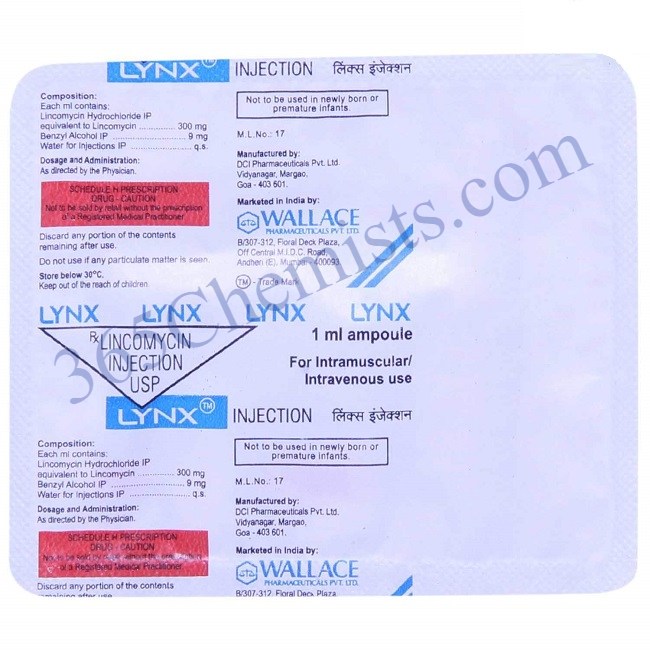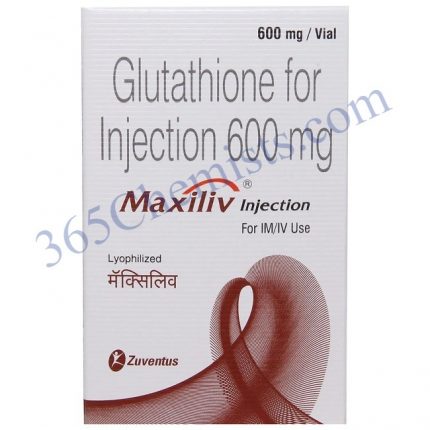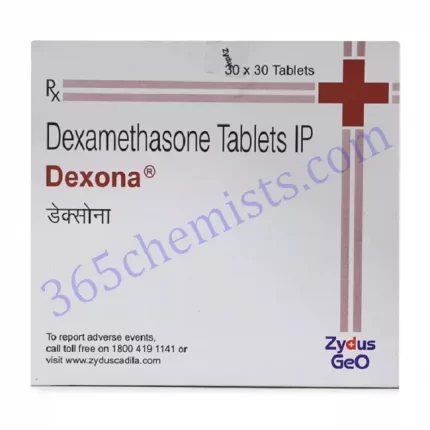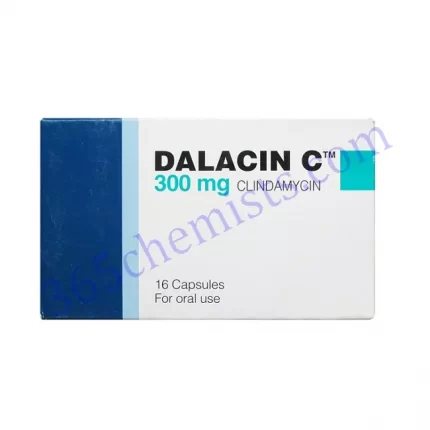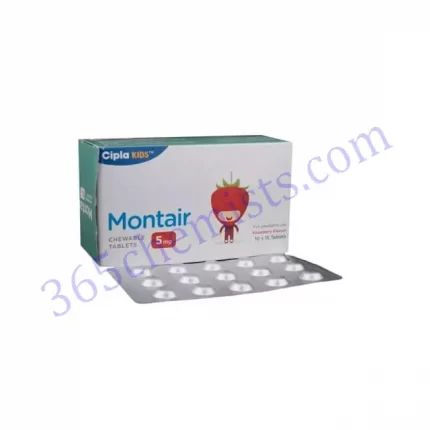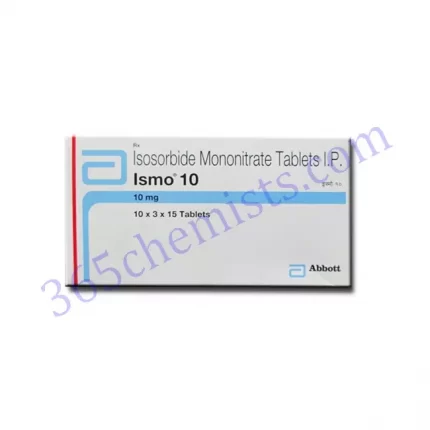Lynx 300mg Injection (Lincomycin 300mg):
Lincomycin is the primary component of Lynx 300mg Injection, which is administered subcutaneously. Lincomycin is an antibiotic medication that is utilised in the treatment of a wide variety of bacterial infections. The purpose of this article is to provide in-depth information about Lynx 300mg Injection, including its applications, recommended dosage, potential adverse effects, and other relevant details.
Uses of Lynx 300mg Injection
The Lynx 300mg Injection is typically administered to patients in order to treat severe bacterial infections that are brought on by susceptible organisms. It is effective against a wide variety of bacteria, including Streptococcus and Staphylococcus, as well as other Gram-positive bacteria. Lynx helps to eliminate the infection from the body by inhibiting the growth of bacteria and removing it entirely.
Dosage and Administration
It is possible for the recommended dosage of Lynx 300mg Injection to change depending not only on the nature and extent of the infection, but also on the age, weight, and general state of health of the patient. It is essential to carry out the treatment in accordance with the directions given to you by your healthcare provider or the dosage that is specified on the packaging. A qualified medical professional will inject Lynx 300mg Injection either intravenously (IV) or intramuscularly (IM) into the patient.
Adults should take between 600 mg and 1800 mg of Lynx 300mg Injection each day, and this amount should be split into two to four equal doses. When treating paediatric patients, the physician who writes the prescription will calculate the appropriate dosage based on the patient’s body weight. It is essential to finish the full course of treatment as directed, even if the symptoms improve before the medication is completely gone, as this will ensure the best possible outcome.
Side Effects of Lynx 300mg Injection
Lynx 300mg Injection, like any other medication, has the potential to cause certain adverse effects in some patients. Nausea, vomiting, diarrhoea, abdominal pain, and skin rash are common adverse reactions that can occur when taking this medication. These adverse effects are typically mild and transient, and they frequently disappear as the body becomes accustomed to the medication being taken. However, it is best to get medical help if these side effects continue or get worse after taking the medication in question.
In extremely unusual circumstances, the Lynx 300 mg Injection could result in more severe adverse effects. Extreme allergic reactions can include symptoms such as difficulty breathing, swelling of the face or throat, and hives. It is imperative that you get in touch with your healthcare provider as soon as possible should you experience any of these symptoms.
Precautions and Warnings
It is imperative that you discuss any pre-existing medical conditions or allergies you may have with your healthcare provider before undergoing the Lynx 300mg Injection treatment. There are some people who should not take this medication, including those who have certain medical conditions, those who are pregnant or breastfeeding, and others. Your physician will examine your medical history in order to arrive at an appropriate course of treatment.
There is a possibility of adverse drug interactions when Lynx 300mg Injection is combined with other drugs, such as antibiotics and medicines that modify liver function. It is imperative that you let your healthcare provider know about any and all medications you are currently taking, whether they be prescribed medications, over-the-counter medicines, or herbal supplements.
During treatment with Lynx 300mg Injection, it is essential to keep a healthy level of hydration in the body and keep your kidney function at a normal level. It is possible that regular monitoring of kidney function will be required, particularly for patients who have already been diagnosed with kidney disease.
Conclusion
Antibiotic medication like Lynx 300mg Injection (Lincomycin 300mg), which is commonly used for the treatment of serious bacterial infections, is also known as Lincomycin 300mg. Lynx helps improve patient outcomes by inhibiting the growth of bacteria and clearing up any infection that may have been present. It is essential to ensure that the dosage and administration instructions provided by your healthcare provider are strictly adhered to at all times. Even though Lynx is generally well tolerated, it has the potential to cause adverse effects such as skin rash and nausea. It is imperative that you seek medical attention if you experience any side effects that are severe or continue for an extended period of time. Always discuss your concerns or questions regarding Lynx 300mg Injection with your primary care physician. Managing bacterial infections effectively and promoting a speedy recovery can be accomplished through the provision of appropriate medical guidance and treatment.

